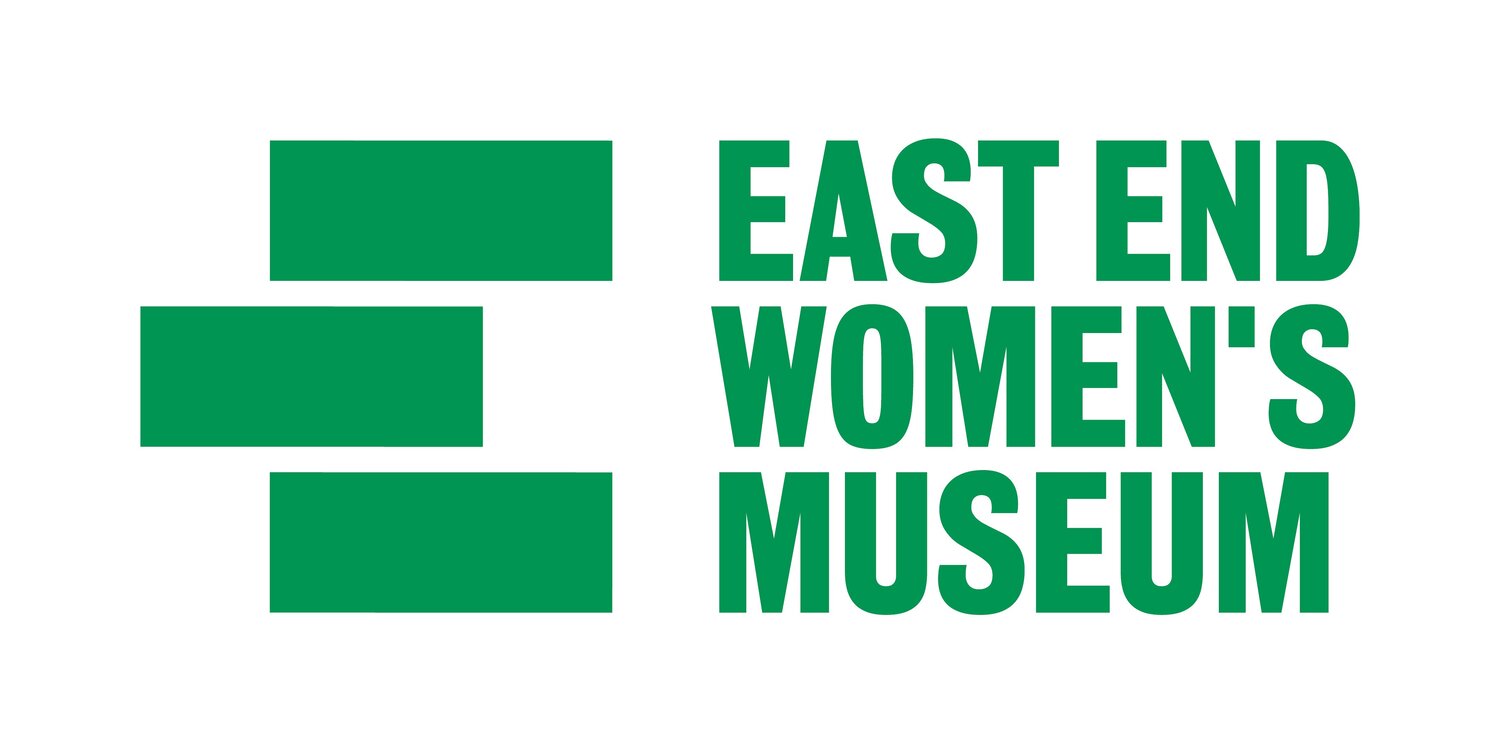Although Phillis Wheatley never lived in east London, and may only have visited it once, the area is associated with her groundbreaking literary achievement.
When her book of poems was published in Aldgate in 1773, Phillis became the first known African American woman to see her book in print. (The earliest known African American woman poet is Lucy Terry, but her work was published later.)
The girl who would become Phillis Wheatley was born around 1753 in West Africa, most likely in modern day Gambia or Ghana. She was enslaved, and when she was seven or eight transported from Africa to America on the torturous journey known as the 'Middle Passage'. She arrived in Boston in 1761 and was bought by merchants John and Susanna Wheatley. She was given their surname, and for her first name they chose the name of the ship she was brought on: the Phillis.
Phillis was taught by the Wheatley's children, Mary and Nathaniel, and by the age of 12 she was reading Latin as well as English. She wrote her first poem aged 14. The family recognised her talent and encouraged her to write. Her first published poem 'On Messrs. Hussey and Coffin' appeared in the Newport Mercury newspaper in 1767.
Most of Phillis' poetry is concerned with Christian themes, but she makes repeated references to her African identity, and subtly reminds readers about what she had endured. For example in 'To the Right Honourable WILLIAM, Earl of Dartmouth, His Majesty’s Principal Secretary of State for North America, &c.' she refers to her story to explain why she strives for the "common good":
Should you, my lord, while you peruse my song, Wonder from whence my love of Freedom sprung, Whence flow these wishes for the common good, By feeling hearts alone best understood, I, young in life, by seeming cruel fate Was snatch'd from Afric's fancy'd happy seat... Such, such my case. And can I then but pray Others may never feel tyrannic sway?
After the Wheatleys failed to find a publisher for Phillis' work in Boston they looked across the Atlantic to London, and approached Archibald Bell, a bookseller based at "No. 8 Aldgate-Street". Bell agreed to publish her book, with Phillis receiving half of the sales. He also helped her gain the patronage of Selina Hastings, the Countess of Huntingdon, who had supported other black writers to publish their work, including Olaudah Equiano.
Phillis (now 20) and Nathaniel Wheatley travelled to London, arriving on 17 June 1773, just as the publicity campaign for Poems on various subjects, religious and moral was getting underway in the London press. During her six week stay Phillis met many individuals from high society, including Benjamin Franklin and the Lord Mayor of London. In a letter to David Wooster sent in October when she had returned to America she listed some of the sights she had seen:
Westminster Abbey, British Museum, Coxe's Museum, Saddler's wells, Greenwich Hospital, Park and Chapel, The royal Observatory at Greenwich, &c. &c. too many things & Places to trouble you with in a Letter.
She also wrote that:
Grenville Sharp Esqr... attended me to the Tower & Show'd the Lions, Panthers, Tigers, &c. the Horse Armoury, small Armoury, the Crowns, Sceptres, Diadems, the Font for christening the Royal Family.
This was a significant meeting, as Granville Sharp was an abolitionist campaigner who had been instrumental in the success of the Somersett case just the previous year. The Lord Chief Justice ruled in June 1772 that James Somersett, an enslaved African man brought to England from Boston by his master, could not legally be forced to return to the colonies.
It's likely that Phillis knew about this ruling, and was aware of the opportunity she had in England to secure her freedom. We have no record of their conversation at the Tower, but in his introduction to her Complete Works Vincent Carretta argues that Sharp would almost certainly have advised her:
It is very difficult to imagine Wheatley and Sharp looking at caged African animals, as well as the emblems of British regal glory, without the subject coming up of Sharp's recent judicial triumph in extending British liberty to American slaves. Not to have encouraged Wheatley to seek her freedom would have been completely out of character for Sharp... A slave owner could not have thought of a more dangerous tour guide than Granville Sharp for a slave newly arrived from the colonies.
Certainly, Phillis did seek and secure her freedom. In the letter to Wooster she writes:
...Since my return to America my Master, has at the desire of my friends in England given me my freedom. The Instrument is drawn, so as to secure me and my property from the hands of the Executrs. adminstrators, &c. of my master, & secure whatsoever should be given me as my Own...
She urges him to promote her book to his circle, "as I am now upon my own footing and whatever I get by this is entirely mine, & it is the Chief I have to depend upon." However it wasn't until 1778 that Phillis was legally freed from slavery following her master's death.
In the intervening years she stayed with the Wheatleys and continued to write and publish her poetry in various newspapers, becoming more outspoken about her opposition to slavery. In 1775 she sent a copy of a poem entitled, 'To His Excellency, George Washington' to George Washington, who invited her to visit him at his headquarters in Cambridge, Massachusetts, which she did in March 1776.
Shortly after she was freed Phillis married John Peters, a free African American man. Her last years were characterised by struggle and loss as the couple fell into poverty and endured the loss of two infants. Phillis wrote another book of poetry but couldn't afford to publish it and was unable to find patrons to support her.
When her husband was imprisoned for debt in 1784 Phillis was left without resources, caring for their new baby alone. She found work as a scullery maid, but died in December that year, followed by her son just a few hours later.
It's impossible not to wonder what works Phillis would have created if her life hadn't been cut short so tragically, and whether as a free woman she would have been able to speak more about and more openly against the "tyrannic sway" of slavery.
Sources
- Public Domain Review - Phillis Wheatley: An Eighteenth Century Genius in Bondage
- Wikipedia - Phillis Wheatley
- British Library - Poems on various subjects, religious and moral, by Phillis Wheatley (London, 1773)
- MHS Collections Online - Letter from Phillis Wheatley to David Wooster, 18 October 1773
- Google Books - Complete Writings of Phillis Wheatley
- Wikipedia - Granville Sharp






